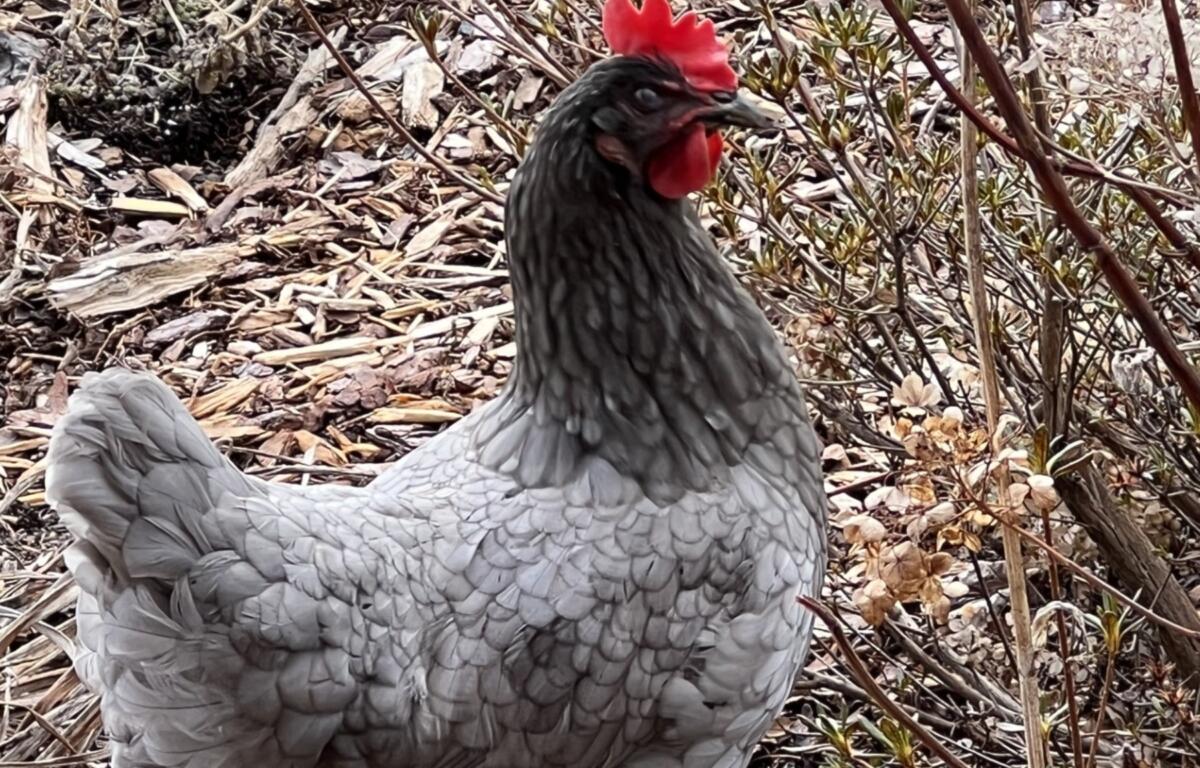ASHEVILLE, N.C. (828newsNOW) — With egg prices and bird flu making headlines, health officials are reminding people to take extra steps to ensure the disease does not spread to humans.
“Buncombe County Parks and Recreation is not continually testing birds as it is known that avian flu is in the area, and we can assume that any deceased bird was exposed,” officials said.
So far, there have been no positive tests of avian flu in a human in Buncombe County, officials said.
“While the risk of human transmission of avian flu remains low, we continue to remind residents to take extra steps to ensure the disease does not spread to humans. This includes avoiding touching dead or sick birds and staying up to date with the seasonal flu vaccine,” Buncombe County officials said.
For more information, please refer to this article on the Buncombe County website.
The bird flu, also known as avian influenza or H5N1, is caused by the avian influenza A virus.
What are the symptoms?
Birds infected with bird flu (avian influenza) can show a range of symptoms, depending on the strain of the virus and the species of bird.
Common symptoms include:
Respiratory issues: Coughing, sneezing, nasal discharge and difficulty breathing.
Swelling: Swelling of the head, neck, eyes and combs (the fleshy crest on top of the head) or wattles (the fleshy lobes hanging down from the head).
Digestive problems: Diarrhea and loss of appetite.
Nervous system signs: Tremors, head tilting, lack of coordination, paralysis or seizures.
Reduced egg production: Sudden drop in egg laying or eggs with thin shells.
Behavioral changes: Lethargy, depression and ruffled feathers.
Sudden death: In severe cases, birds may die suddenly without showing clear symptoms.
Bird flu in Buncombe County
Preliminary tests indicate a waterfowl found dead at Lake Julian Park in January had Avian Influenza H5N1 or bird flu. Parks staff have identified a total of eight deceased waterfowl at the park; additional test results are pending, but there is no timeline to receive those results.
Buncombe County Parks and Public Health Staff are working with state partners, including representatives from the N.C. Wildlife Resources Commission, Division of Public Health and Department of Agriculture on cleaning protocols at the park, monitoring and testing in the event of human exposure, and protocols for handing sick or deceased animals, the county’s website said.
In North Carolina, there have been no confirmed cases of bird flu in humans in recent years, according to national dashboards from the USDA and the Centers for Disease Control and Prevention.
If your birds are sick or dying, report it right away.
Contact:
- Your local veterinarian
- NC State Veterinary Office: 919-707-3250
- NC Veterinary Diagnostic Laboratory System: 828-684-8188
- USDA hotline: 866-536-7593


